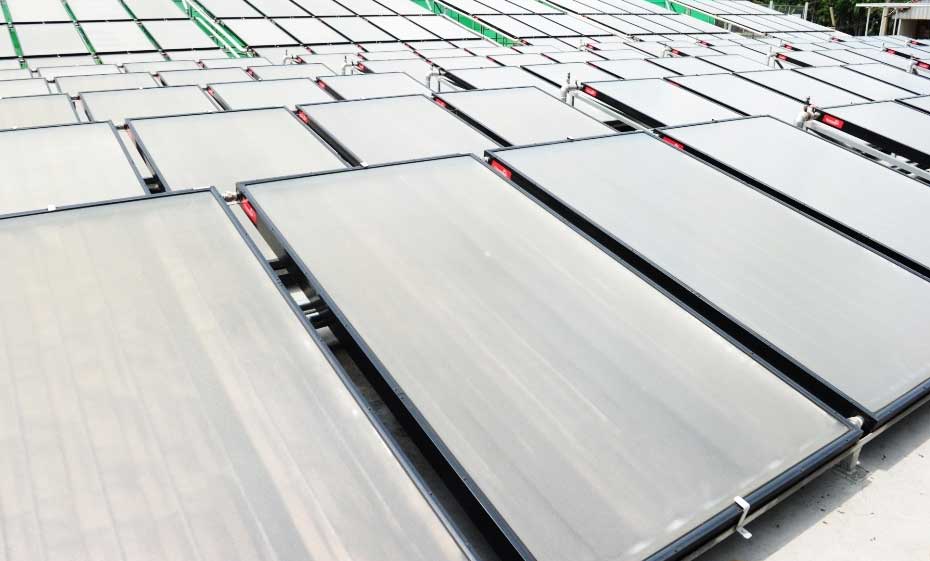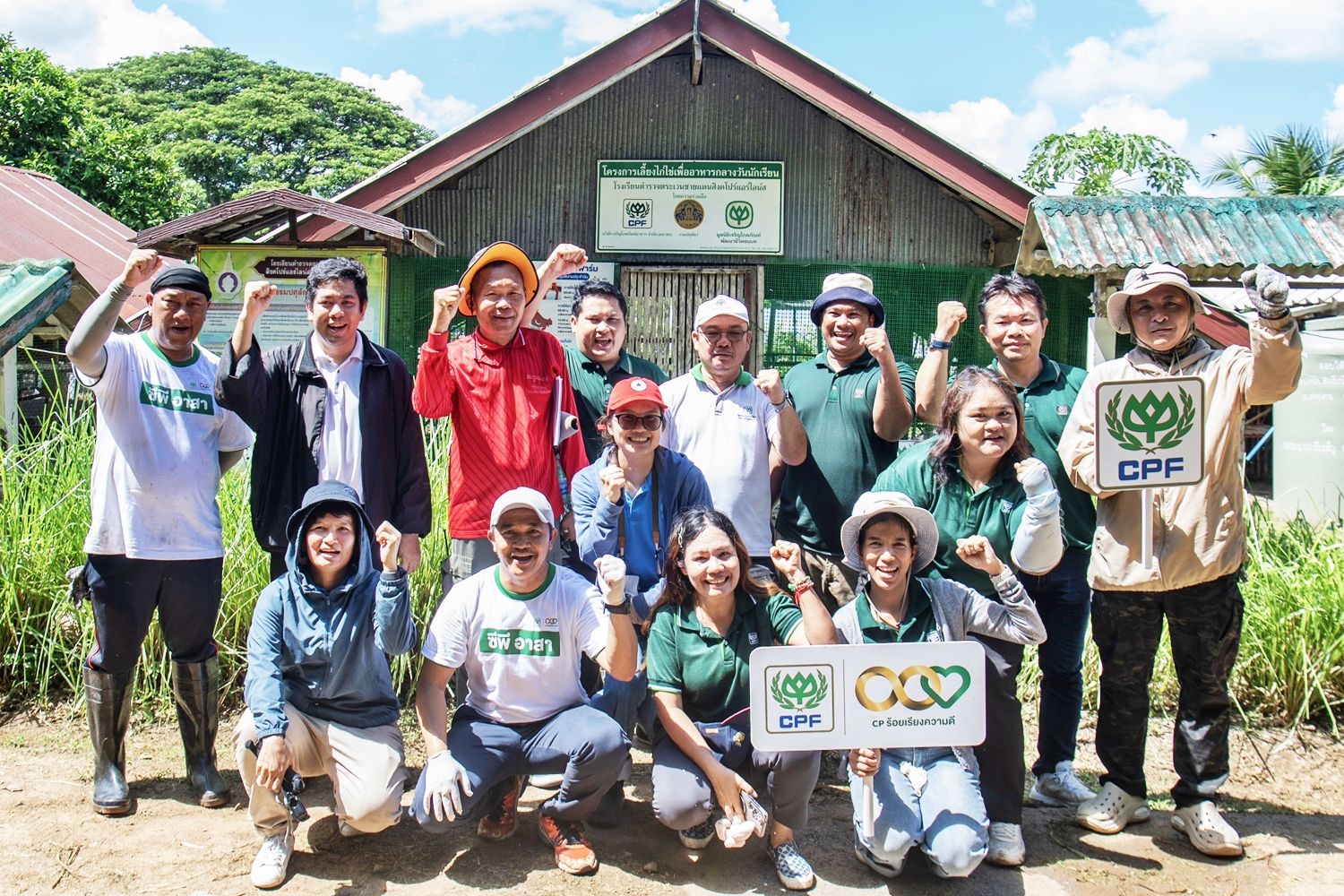

The Thailand Greenhouse Gas Management Organization (Public Organization) or TGO encourages private companies to cut Greenhouse gas emission in an effort to reduce the country’ the emissions by 7 – 20% within 2020.
Mrs. Prasertsuk Chamornmarn, Executive Director of TGO said Thailand has set a short term goal to drop GHG emission, which is one of the main causes of global warming, by 7% - 20% within 2020 and a long term reduction target of 20% – 25%, or at least 111 million tons of carbon dioxide equivalent, by 2030.
Charoen Pokphand Foods (CP Foods), the major food producer in Thailand, is among companies that taken initiatives to mitigate GHG footprint from their operations in response to the national targets. The company has adopted renewable energy such as low-carbon biofuels to its reliance on fossil fuel as well as expanding green space in operational sites to absorb carbon emission.
CP Foods also participated in TGO’s carbon reduction programs such as Thailand Voluntary Emission Reduction Program (T-VER), Low Emission Support Scheme (LESS) and Carbon Labeling.
Mr. Charubutr Kirdudom, Assistant Vice President of CP Foods’ Safety Health and Environment (SHE) Office., said the company commits to operate its business responsibly in line with the vision “Sustainable Kitchen of the World” as well as the commitment as a part of UN Global Compact and Sustainable Development Goal.
It targets to cut energy consumption and GHG Emission per production unit by 15% when compared to the base year 2015.
CP Foods launched energy efficiency policy in 2004. Since then, it has initiated many improvement projects to make a transition toward sustainable business.
As a result, 350 energy efficiency and GHG reduction projects have been developed by the company between 2009 – 2018, resulting the company to cut energy consumption and GHG emission by 10% and 12% respectively. The other 25% of energy was generated from renewable sources, such as Biogas, Biofuel and Solar Energy.
The company has partnered with Department of Alternative Energy Development and Efficiency, Ministry of Energy (DEDE) in “Improving energy efficiency of industry’s air conditioning and cooling system support” to help the company improves the efficiency of the cooling and air conditioning system across its operation nationwide. It is expected that the project will GHG emission by 5,354 tons of carbon dioxide equivalent.
In addition, DEDE has helped CP Foods to develop CPF Energy Auditor training program to improve the company’s audit quality.
CP Foods also announced the installation of solar roof for 34 projects with 40 MW capacity will be completed in this year, helping company to reduce 28,000 tons of carbon dioxide equivalent.






_1752829776.jpg)


